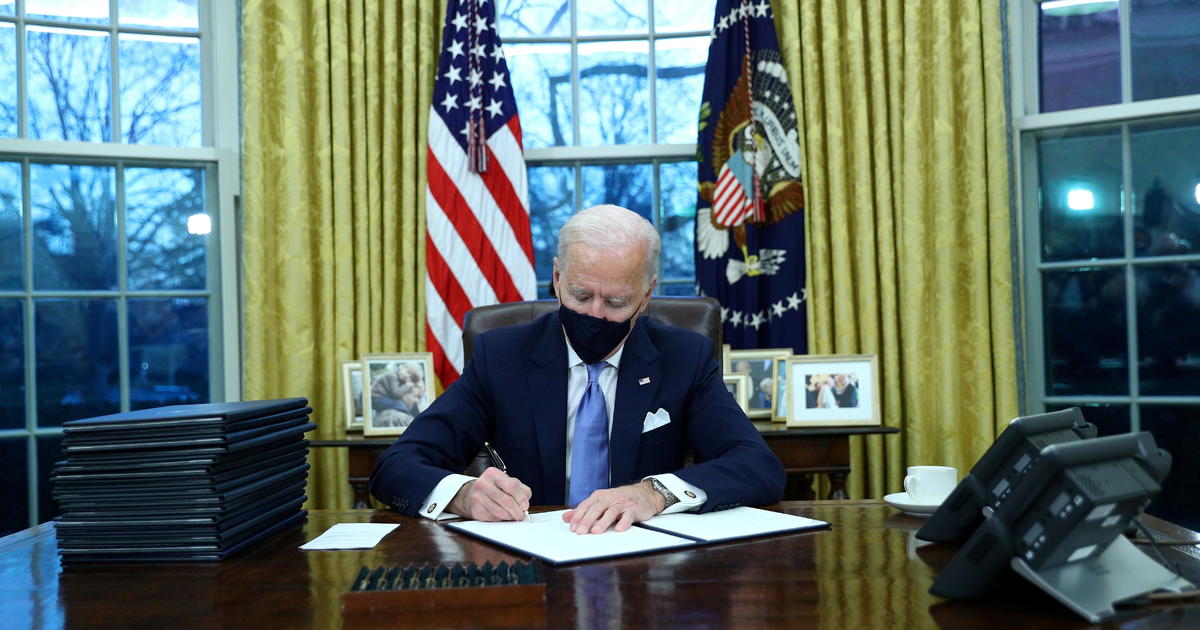
As we reported in November, just before the election, the then Republican-controlled SEC approved, in a 3-2 vote, increases in the maximum a company can raise under Regulation Crowdfunding (to $5 million) and Regulation A+ (from $50 to $75 million). The increases were due to come into effect on March 15. On Inauguration Day last week, Pres. Biden announced a “regulatory freeze,” not uncommon with new Administrations when the parties change control. It said no new regulations should come into effect for at least the next 60 days. But while the President can direct government departments such as Treasury and Homeland Security to act (or not act), he cannot order independent agencies, such as the Securities and Exchange Commission, to do so. He can impact their activities through his power to appoint a majority of Commissioners as the party in power but that’s it.
At the moment, until Biden’s plan for Gary Gensler to head the SEC is confirmed by the Senate, the currently 4-person, evenly split Commission is temporarily led by Democrat Allison Lee. Once Gensler arrives, the Dems will have 3-2 control. But in the meantime we have deadlock. As to the Reg A+ increase, for now, it is still set to go effective March 15. For the freeze to apply to these rules, the SEC would have to act to do so. It seems unlikely the Dems can convince a Republican commissioner to join them in a freeze while there is a 2-2 tie, and it is unclear whether they can even do so without a formal rulemaking process.
In voting against the increases in November, the Democrat Commissioners argued that private companies don’t provide as much disclosure to investors as public ones. Prominent Democrat Congresspeople like Maxine Waters have urged the SEC to consider revisiting these actions. So the new SEC could theoretically reverse it, but presumably it would require a new rulemaking process. Will they? Stay tuned.
Some crowdfunding groups are gearing up efforts to protect these changes. Of course a Reg A+ IPO has virtually the same level of disclosure as a traditional IPO, and one would hope if the new SEC decides to reconsider these changes it will look at them separately and not throw the baby out with the bathwater.